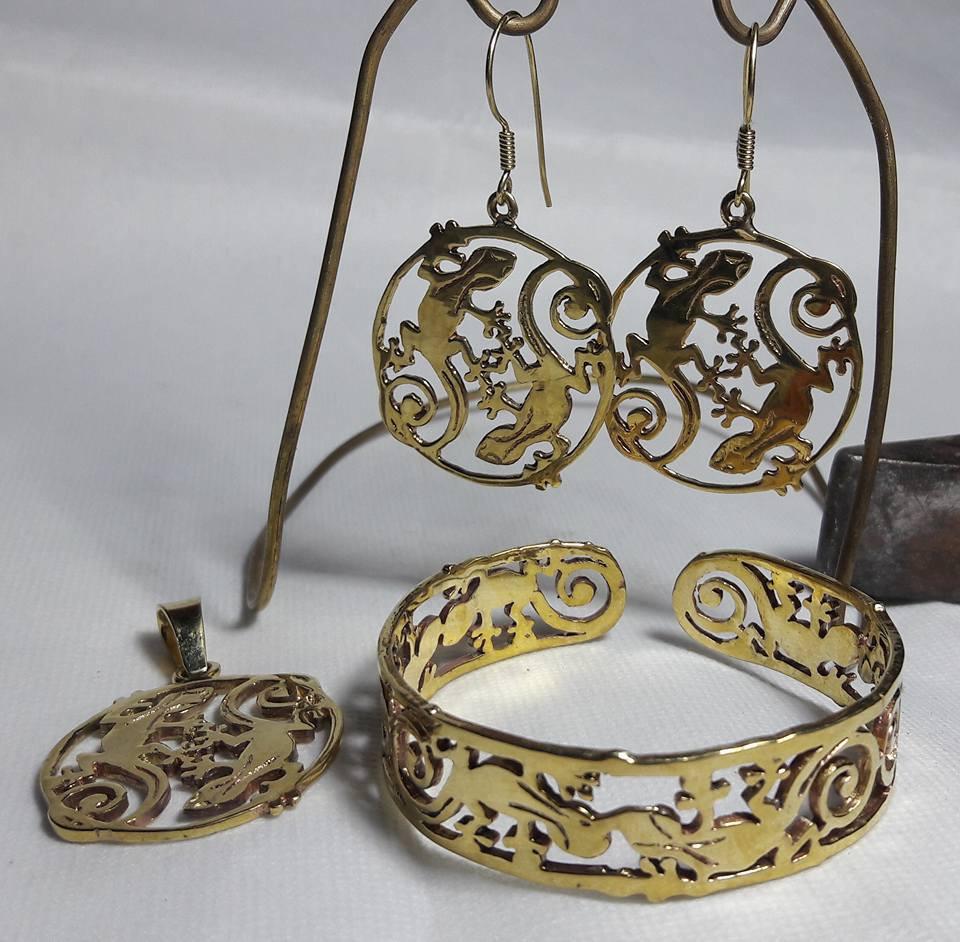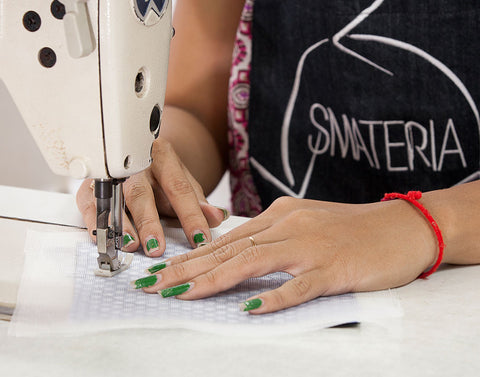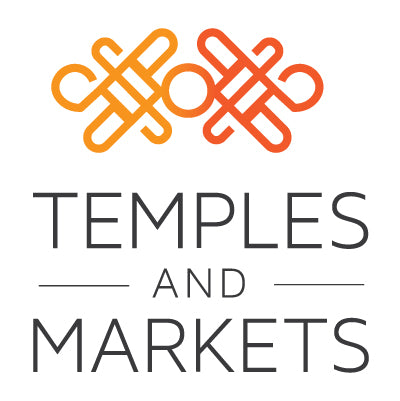ETHICAL CURATED LIFESTYLE STORE.
ETHICAL CURATED LIFESTYLE STORE.
Women
JEWELLERY
Homewares
SHOP BY BRAND OR LOCATION
Shop By Gift Guides

WHY WE SHOULD SHOP ETHICALLY THIS CHRISTMAS
November 22, 2016 5 min lesen.
It’s hard to believe that not too long ago I was a serial offender of careless consumerism. As a lover of fashion I would get a frequent kick out of loading up shopping bags with cheap and cheerful new dresses, shoes and bags from the High Street. Hate to admit it but I would also haggle over the cheapest price of designer copy handbags or jeans on my trips to South East Asia.
How times have changed and how I have changed. From my own life experiences; from a brush with cancer to frequent travel, I am intent on living life with purpose and to make a positive difference in the world during my short time on this planet. Like so many of us who are part of the growing movement away from Fast Fashion and towards Ethical Shopping I am now sickened by an industry that thrives off human slavery, child labour and abuse.
By moving away from meaningless shopping and embracing conscious consumerism I can literally make a tangible difference to the life of the person who make the products I buy. This is what ethical shopping means to me.
The South East Asian region stole my heart almost 20 years ago as a backpacker and I get back as often as I can. I am always awestruck by the resilience, strength and astounding creativity of the people I meet along the way. In countries such as Vietnam and Cambodia, where recent history has caused great hardships, horror seems to have begat beauty for so many artisans and emerging designers.
In Cambodia, despite a burgeoning tourism industry, 20% of Cambodians still live under the poverty line and the minimum wage is an astonishing $140USD per month. Further to that, Cambodia has a reputation as one of the worst places in the world for sweatshops, child prostitution and human trafficking. Yet when one visits as a holidaymaker it is hard not to be overwhelmed by the warmth and graciousness of the locals you meet; most of whom are more than likely to have suffered severe hardships or have a family member who have, in ways we in the First World could not possibly envisage.
More than anywhere else in the world I have been fortunate to visit, it has been Cambodia where I have wanted to give back to the gentle, warm and creative people I met.
Aside from actually donating to one of the admirable Charities or NGOs that are improving lives in the local communities, the best way to give back is to purchase handmade and unique crafts or designs created by the local artisans.
There are many Social Enterprises and NGOs that have been created in Cambodia to empower the locals, often from marginalized and poverty stricken areas, through training, and who provide fair work opportunities that in turn, offer a sustainable future for the artisans and their families.
One example is The Senhoa Foundation whose tagline is “Employ, Empower, Emancipate.” Senhoa produce exquisite designer jewellery and have collaborated with super models including Coco Rocha and Iman to get that message out there. Proceeds from the sales of the jewellery go directly to the rehabilitation and education of young women who are at risk of, or are survivors of slavery in Cambodia. Senhoa Jewellery is individually handcrafted by vulnerable women and provides access to fair wages, health services and education. The brand’s passion is to create opportunities for survivor artisans to earn an income, share their stories and raise awareness against exploitation.

There is also Smateria, whose bright and funky bags you’re more than likely to see at the Siem Reap or Phnom Penh airports and in Siem Reap town, if you visit Cambodia. Smateria was founded by two Italian designers who had two very clear objectives: to create a beautiful, high-quality product using ‘bizarre’ materials, and to employ women, displaced from Phnom Penh due to the city’s wave of building and urbanization, in a fair and sustainable way.The stylish handcrafted bags are fashioned from recycled fishing nets, plastic or leather sofa offcuts. As sub-contractors for Smateria, the women work at their own pace, in their own time. Possibly best of all is a free preschool an childcare centre right on the premises where new mums can breastfeed their babies and staff with young children can work, happy in the knowledge that their children are getting a good education – right upstairs.
Both Smateria and Senhoa provide tangible proof that buying from poorer countries doesn’t mean buying cheap rubbish or fake copies. The hand-made jewellery and bags they are famous for are designer quality and durable pieces; all ethically made.

Another organization that I’m proud to support is Angkor Bullet Jewellery. Orphaned during the horror days of Cambodia’s Khmer Rouge, Chanta Theon heads up a group of home-based artisans, some vulnerable and disabled, who reside in a small community around 3 0 minutes from Phnom Penh. They transform bullet casings, a symbol of war, into unique and beautiful jewellery. Their collections feature symbols of beauty from S.E Asia such as the Gecko set (pictured).
0 minutes from Phnom Penh. They transform bullet casings, a symbol of war, into unique and beautiful jewellery. Their collections feature symbols of beauty from S.E Asia such as the Gecko set (pictured).
Make no mistake, ethical shopping can literally affect positive change in communities. For example, purchasing a handicraft sewn by one of the graduates of the Human and Hope Association’s Sewing Program ensures that program will continue and in turn, more women will be encouraged to join it. The knock on affect is more money coming into their families, garnering respect from the women’s husbands in what is a male dominated society, and contributing to the education of their kids. These are all things we tend to take for granted in Australia, and elsewhere in the First World.
I like to think of ethical shopping in Cambodia and elsewhere as a Win-Win for the conscious consumer. There is the chance to invest in something unique and wonderful that can be cherished for years and simultaneously, help trade the artisan who made it into a better life. In essence by shopping with a conscience we are creating an ever-increasing circle of world citizens who are affecting each other’s lives in a positive way through trade.
As a global community we can no longer pretend not to know where our products come from and how they are made and we can no longer add meaningless piles of trash we’ve bought onto landfill.
You may think one person can not make an impact but if we all join together and shop with a conscience can you only imagine what good can come of that at a global level?
Especially as we approach Christmas and people start to panic about what gifts they need to buy, instead of wasting money on meaningless and disposable goods, this year maybe shop with your head and your heart and think about how each of us can change the world, one purchase at a time.
Schreiben Sie einen Kommentar
Kommentare werden vor der Veröffentlichung genehmigt.
Subscribe
Sign up to get the latest on sales, new releases and more …




